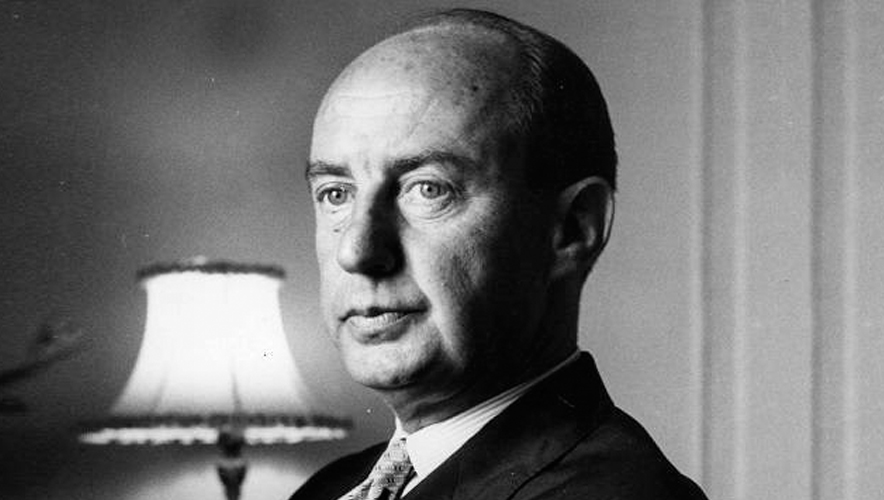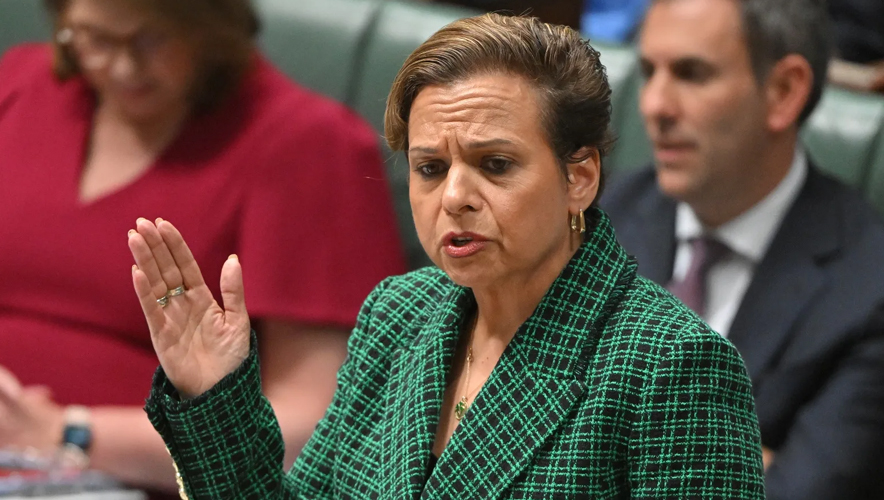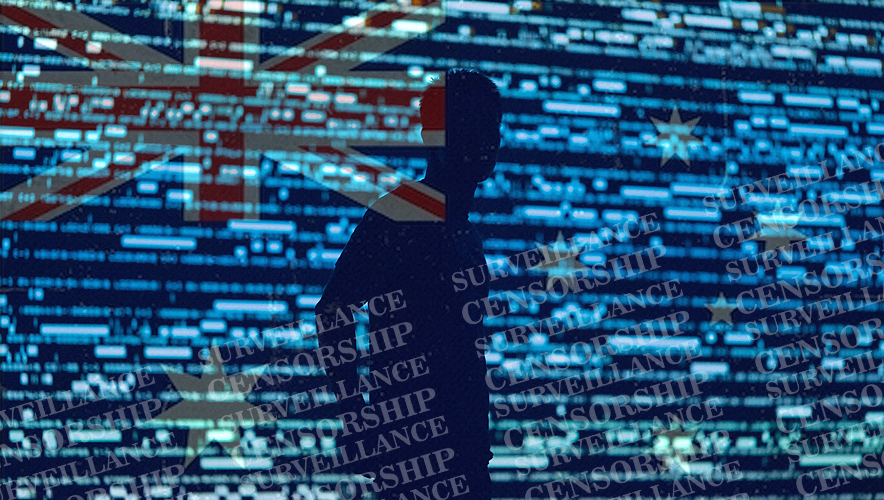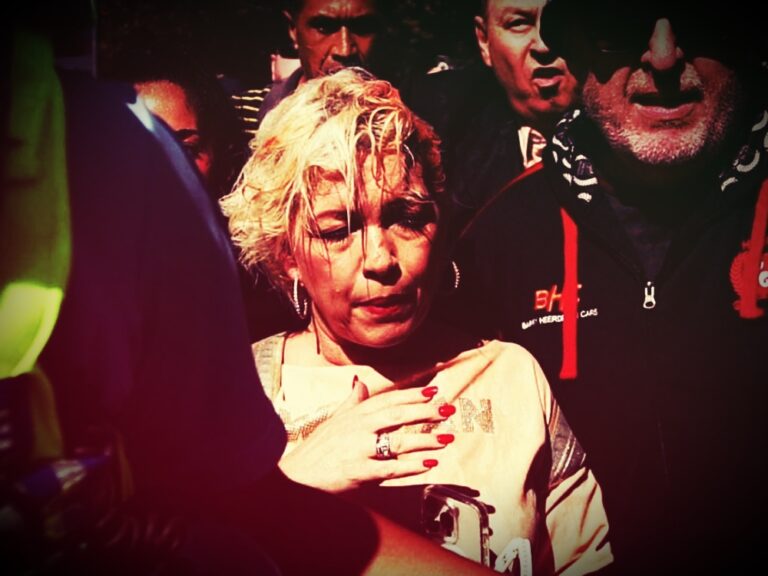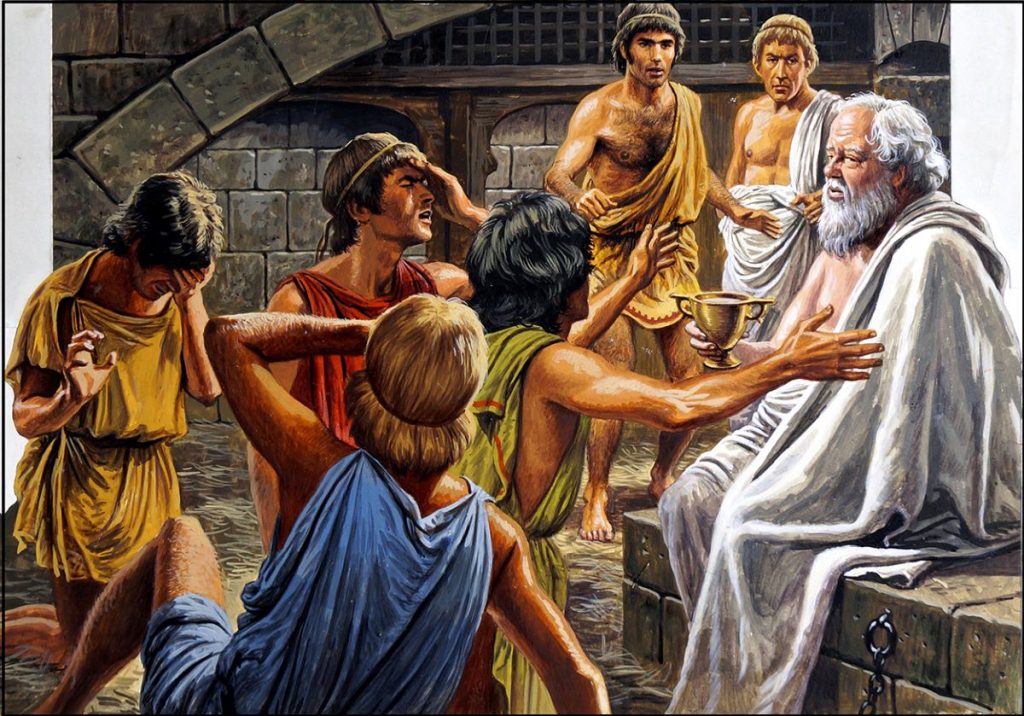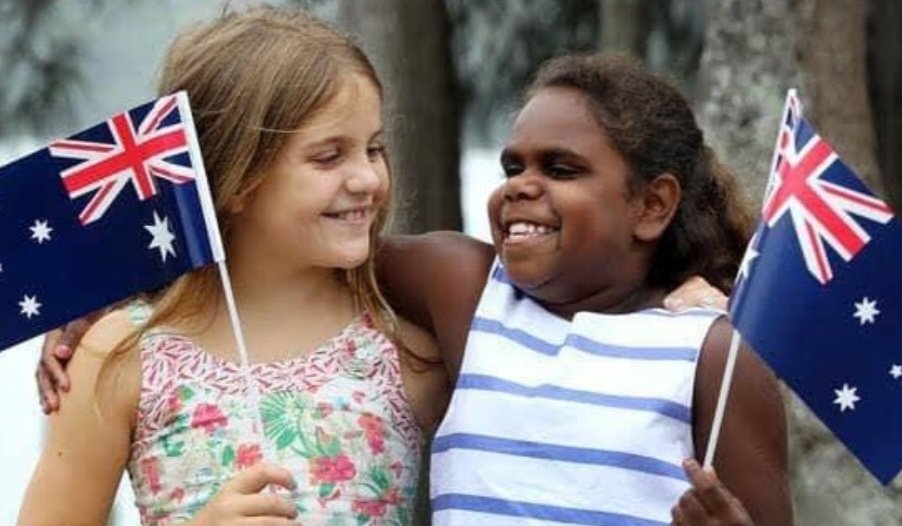Australia No Longer Has Informed Consent For Medical Procedures
As the Publisher of Liberty Itch, I receive six industry briefings, exposes or whistleblower tips weekly. Some are anonymous, others with a name.
Most don’t advance the debate on public issues.
Recently though, I spoke with a doctor, frustrated at the way government has ruined a once proud and independent profession.
His firm conclusion: informed consent, the underlying component for any doctor-patient relationship, is no longer possible in Australia.
He has been practicing medicine in Australia for 15 years, so his career is well-advanced. He presents as a professional who loves his job, with all the challenges and rewards it brings.
Until the governments around Australia coordinated on Covid-19, he said he never cared much for politics. It wasn’t part of his life. But witnessing politicians trample over human rights, intrude and violate the sacred relationship between doctor and patient, was enough to activate him.
He’s not in the mood for forgiving the perpetrators.
Australians were openly bullied into taking vaccines on the coercive promise –that once inviolate freedoms would be restored.
When a patient presents with any health problem or condition, a doctor must convey all of the available relevant information to the patient in order to gain his or her voluntary consent for any medical procedure. When a government hides or lies, and a patient is coerced into a procedure, informed consent is dead!
Relevant information regarding a vaccination might include the side effects, relevant and absolute risk of prevention, trial information, and any other safety data. Yet the Australian Government signed secret contracts with pharmaceutical companies to supply novel medications for a new virus without disclosing any of this.
The British Medical Association’s BMJ has written that Australia’s Therapeutic Goods Administration is dependent on funding by pharmaceutical companies at a worrying 96%, the highest among peer international organisations. This leads to obvious questions about independence and whether there are conflicts of interest.
In July 2023 the TGA stated: “As reporting rates of myocarditis and pericarditis following vaccination are very stable, we will not include this section in future COVID-19 vaccine safety reports”.
Yet as our doctor-friend pointed out to me, “The rates were in fact stable, at the highest levels recorded in history. What are they now? We don’t know, because the TGA won’t give us this information.”
Australians were openly bullied into taking vaccines on the coercive promise –that once inviolate freedoms would be restored. Vaccine mandates were slapped on a trusting populace on the basis of the greater good – of protecting others. Even now there are many places where these mandates remain despite overwhelming evidence that vaccination against Covid-19 does not prevent either infection or transmission of the disease. And despite numerous reports of adverse side effects, still no reliable data is provided.
Australian Government signed secret contracts with pharmaceutical companies to supply novel medications for a new virus without disclosing any of this.
I listened to this doctor’s contempt for authorities as he described himself watching the CDC change its definition of the words ‘vaccine’ and ‘vaccination’ in real time to accommodate the shortfalls of the available Covid vaccines.
One could perfectly understand his visceral reaction to the deplatforming of professionally-acclaimed, peer-reviewed medical experts simply because they shared research data that did not fit the narrative of ‘safe and effective’.
But then witness Dr Jeanette Young, the Queensland Chief Health Officer at the time, who cautioned against one vaccine whilst promoting another while, as the Courier Mail reported, her husband, Professor Graeme Nimmo, was financially incentivised by Pfizer.
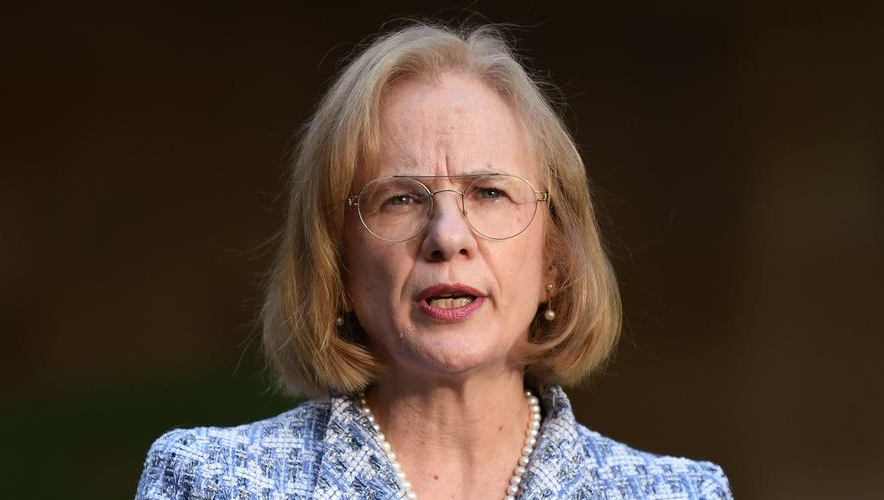
Dr Young should have been punished for failing to declare a major conflict of interest, but instead was promoted to Governor of Queensland, a handsome reward from her friend Annastacia Palaszczuk, who has now resigned without facing the consequences of her own Covid-19 decisions.
“So what happens if your doctor wants to caution you about any of this information?”, I naively asked our whistleblower doctor.
The sobering answer should send chills down the spine of all Australians.
“They will likely be suspended. The governing body of Australian doctors, AHPRA, has done just that that to several who were brave enough to speak out. As a registered doctor with AHPRA, I am not allowed to publicly state my opinions on health policy (including on social media), as it may undermine the confidence in those in political positions making up the rules. Any Australian doctor who denies this statement does not fully understand their conditions of registration with AHPRA.”
To protect his livelihood and family, he only talks to me.
The greatest discoveries in medicine and science have come from testing a hypothesis that contradicts traditional schools of thought. When the health system is hijacked by conflicted bureaucrats, problems inevitably arise. The past few years have left our doctor with an absolute disgust for our Chief Health Officers and Health Ministers, and for the first time a sense of embarrassment at what should be an honourable profession without government interference.
Most disconcertingly of all, he feels most concern for patients who are now subject to near-complete control by the collectivist bureaucrats and their centralised treatment plans for diseases which are yet to come.





